Dual benefits from biological products
In recent times, poultry farms in Tay Ninh have actively applied many biotechnology solutions to limit the use of antibiotics and effectively treat waste in livestock farming, minimizing environmental impacts. In particular, biological products and probiotics are one of the effective solutions, low cost, easy to implement, and highly economically efficient.
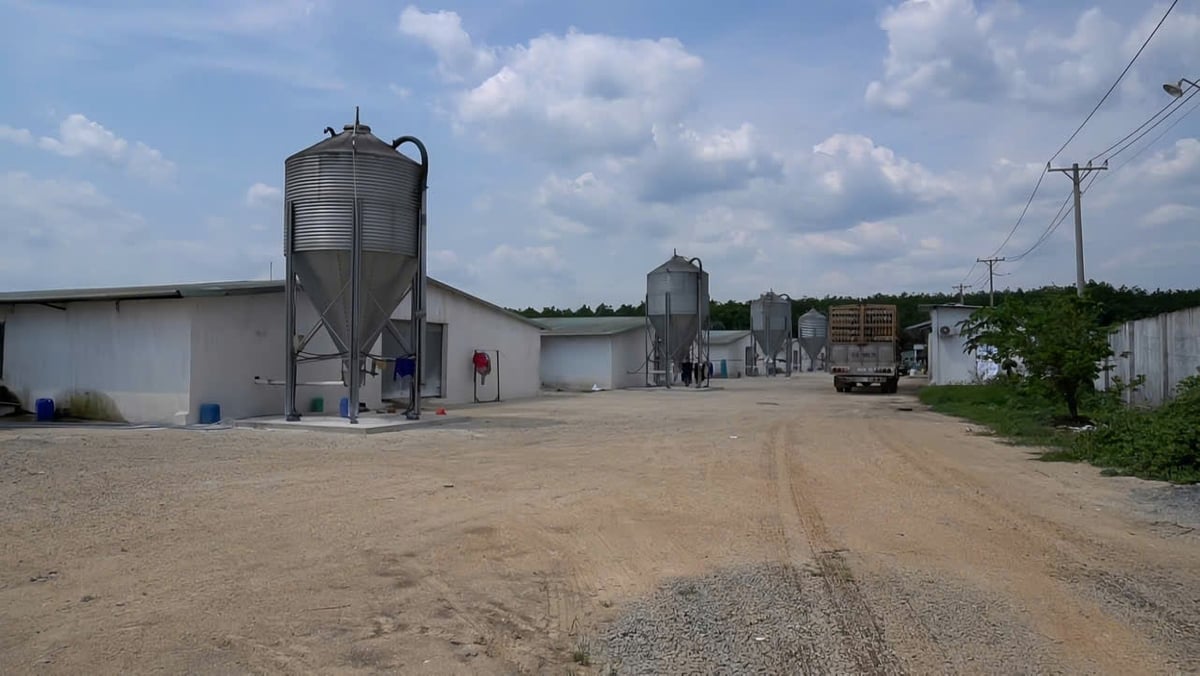
Duc Trong Company's closed-loop broiler farm. Photo: Tran Trung.
Visiting Duc Trong broiler farm located in Suoi Ngo commune, Tan Chau district, although the broiler flock is up to nearly 200,000 chickens, our first impression is that there is no foul smell. This is thanks to the use of biological products, probiotics mixed into food, drinking water and biological bedding.
Mr. Nguyen Anh Tuan, Chicken Farm Manager, revealed that one of the important factors in poultry farming is the role of intestinal microflora, especially probiotics. The function of probiotics is not only to support digestion but also to strengthen resistance, optimizing growth for livestock safely.
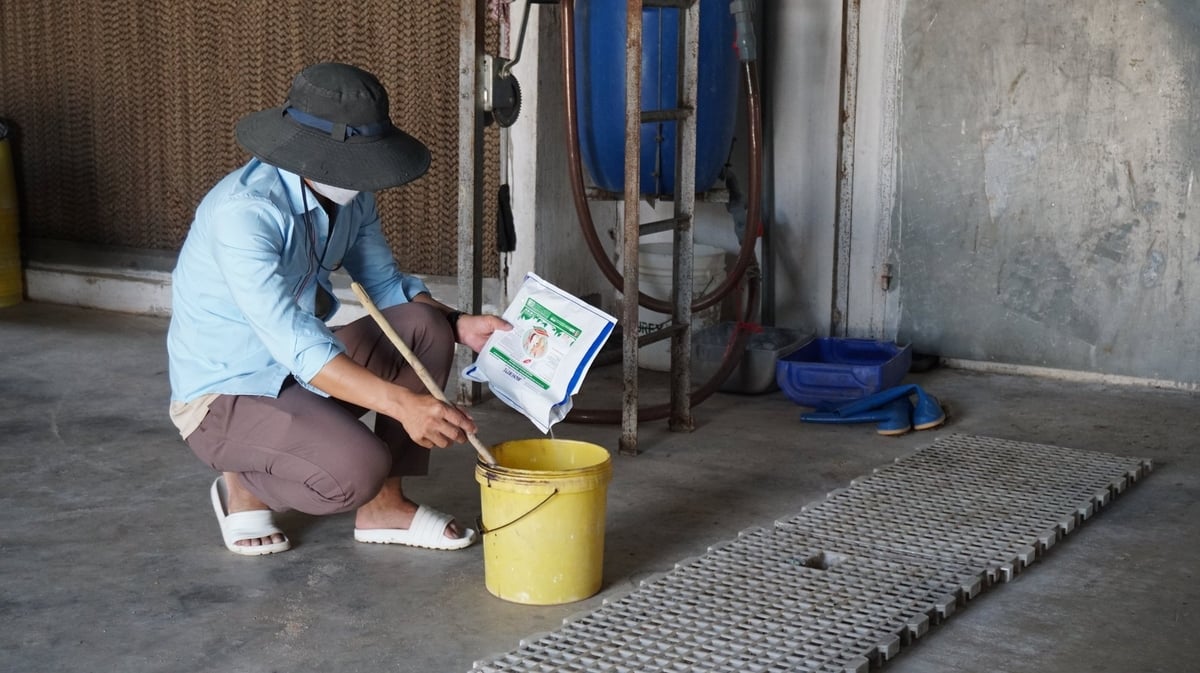
Mr. Nguyen Anh Tuan dissolves biological products before putting them into the automatic water drinking system. Photo: Tran Trung.
Currently, the trend of environmentally friendly and antibiotic-free farming is increasing, probiotics have become an important part of poultry diets and drinks. Probiotics provide beneficial microorganisms to help improve the digestive system, strengthen the immune system, and support effective disease prevention and treatment. As a result, chickens are healthier, less susceptible to disease, leading to lower loss rates and higher productivity.
In addition, the use of probiotics is highly effective in reducing odors from barns. After a short time, organic compounds that cause unpleasant odors in feces, urine and leftover food are decomposed by microorganisms and transformed into odorless substances. In particular, waste after being treated with probiotics is usually harmless and can be reused as organic fertilizer, contributing to environmental protection and optimizing resources.
Thanks to the above benefits, the use of biological products helps farmers save on veterinary medicine, feed and labor costs, while increasing productivity and product quality, thereby improving economic efficiency. In addition to using probiotics mixed into food and drinking water, the entire farm also uses biological bedding, which is an advanced chicken farming solution that helps improve the barn environment.
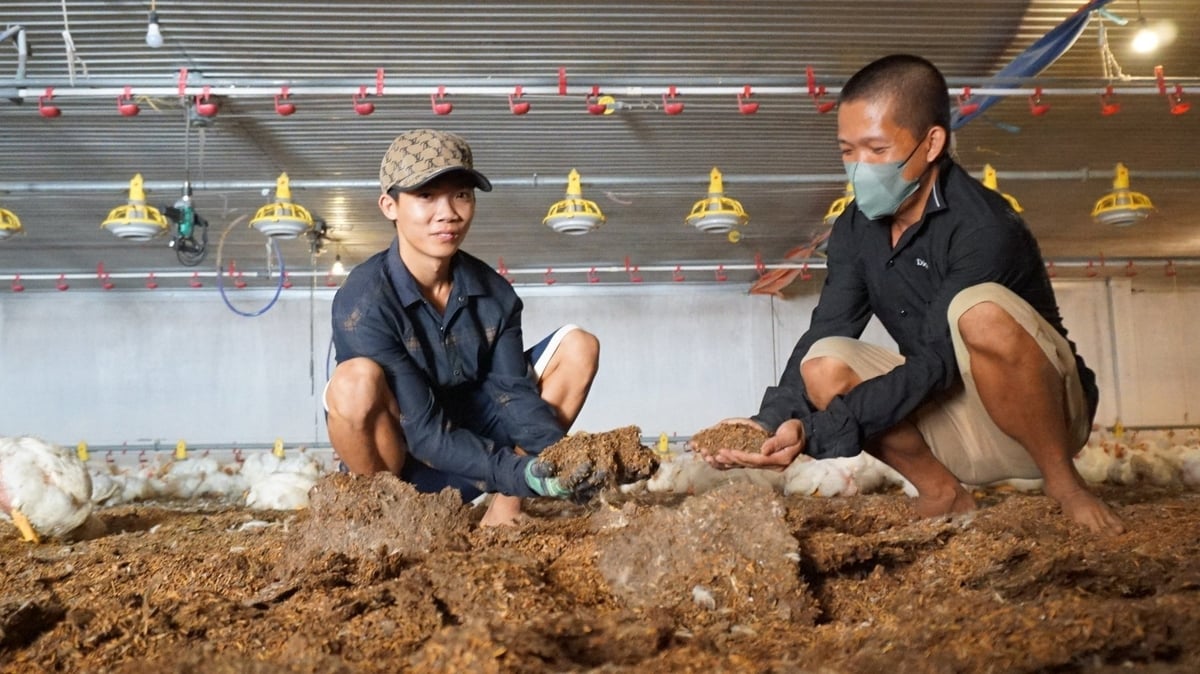
The entire farming area is protected by biological bedding. Photo: Tran Trung.
The main ingredient for making biological bedding is rice husks (rice husks), a locally available raw material. Previously, rice husks were often burned, causing environmental pollution. Thanks to the application of probiotics, poultry waste does not need to be cleaned regularly, but only needs to be replaced every 4-5 months. This helps significantly reduce labor and electricity costs during the brooding period and limits intestinal diseases in livestock.
According to Mr. Nguyen Anh Tuan, thanks to the bedding, the barn system also becomes clean, when the barn environment is clean, no more toxic gases will help livestock avoid respiratory diseases, one of the common problems in livestock farms. However, to optimize the bedding, it is necessary to note that the barn must have a high floor to avoid humidity, ensuring that the bedding mixture always works effectively.
“There are many different types of biological products on the market, each with its own uses and methods. Therefore, it is necessary to choose the biological product that is suitable for your needs and farming conditions,” Mr. Tuan shared.
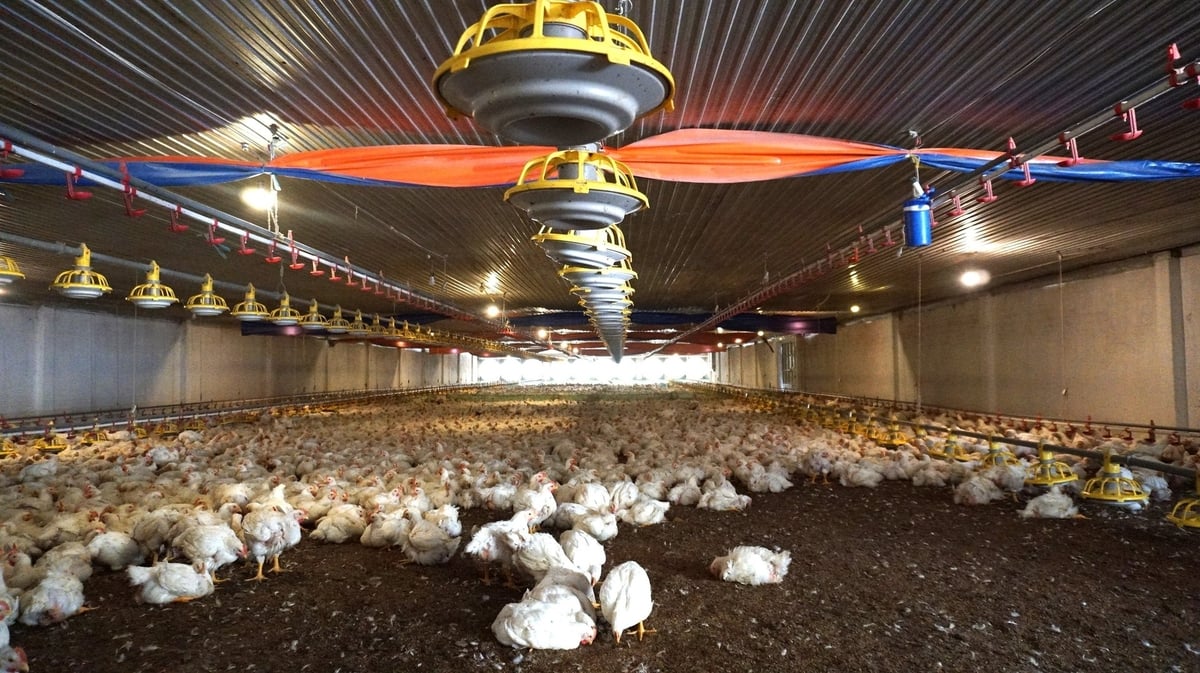
Most poultry farms in Tay Ninh apply modern, advanced equipment and technology in production combined with biological products. Photo: Tran Trung.
Ensure disease-free zones
Tan Chau is one of the districts of Tay Ninh province recognized as meeting the standards for disease-free zones for avian influenza and Newcastle disease in chickens.
In recent years, Tan Chau has been chosen by many leading investors such as De Heus Group (Netherlands), Hung Nhon Group, Masan, QL... to build high-tech livestock projects. From there, large-scale poultry farms were formed. The common point of these farms is that they apply modern advanced equipment and technology in production combined with biological products.
Mr. Nguyen Hoang An, Head of the Animal Husbandry and Veterinary Station of Tan Chau district, added that the total poultry herd in the district is about 2 million. Along with building disease-free zones, the issue of environmental protection in livestock farming areas in general and poultry farming in particular is of special concern to the local livestock industry.
Along with strong solutions such as moving livestock out of densely populated areas, licensing livestock farms with waste treatment systems according to regulations..., the district also promotes the development of large-scale livestock farms, closed high-tech livestock farms and cold barns. The application of microbiological technology is also encouraged by the locality.
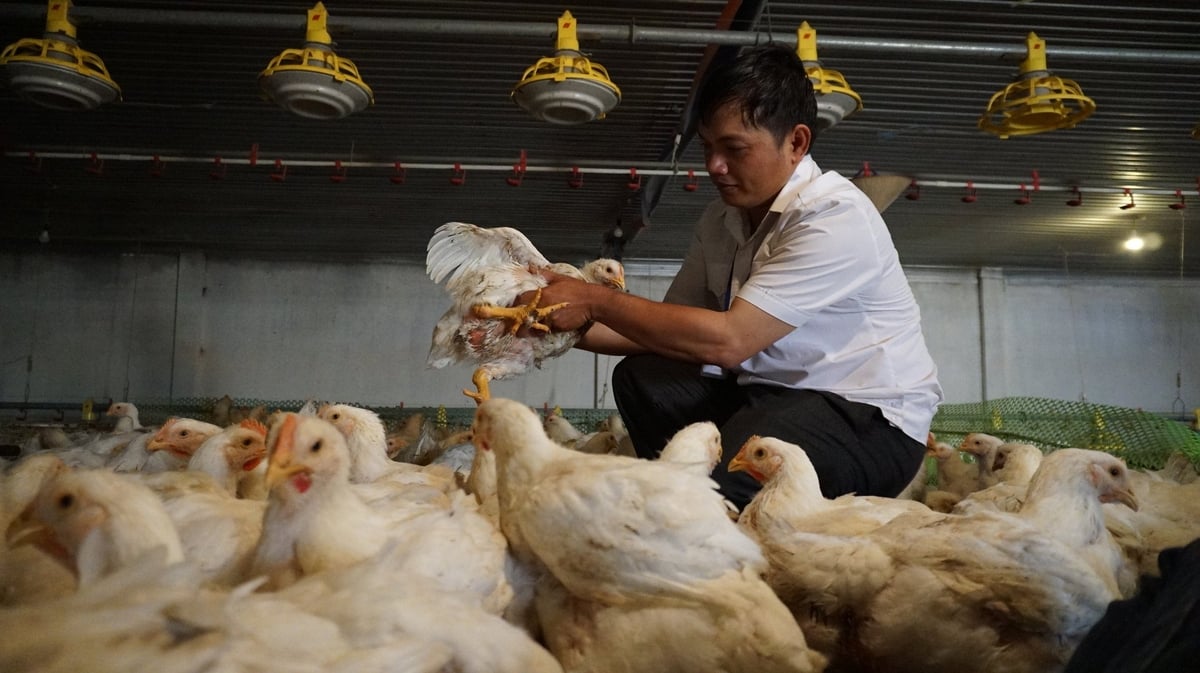
Animal husbandry and veterinary staff of Tan Chau district check disease safety in chicken flocks. Photo: Tran Trung.
In fact, probiotics are currently being paid much attention by veterinary pharmaceutical companies, researched, produced and brought to the market. The main ingredients of concentrated probiotics help to metabolize food well and quickly decompose waste, which is very suitable for the current livestock farming conditions of people in the direction of industrial and semi-industrial production on a concentrated scale.
The use of probiotics brings many benefits to farmers. That is, when probiotics are mixed with feed, it helps poultry metabolize food better, increases resistance, and significantly reduces digestive diseases. Farmers using probiotics reduce the amount of veterinary drugs used by about 80% compared to those who do not use probiotics (mainly antibiotics).
“In general, large farms are currently implementing environmental protection measures relatively well, meeting requirements. Compared to small farms and farm models, high-tech chicken farms implement more systematic and complete breeding and environmental treatment processes,” Mr. An emphasized.
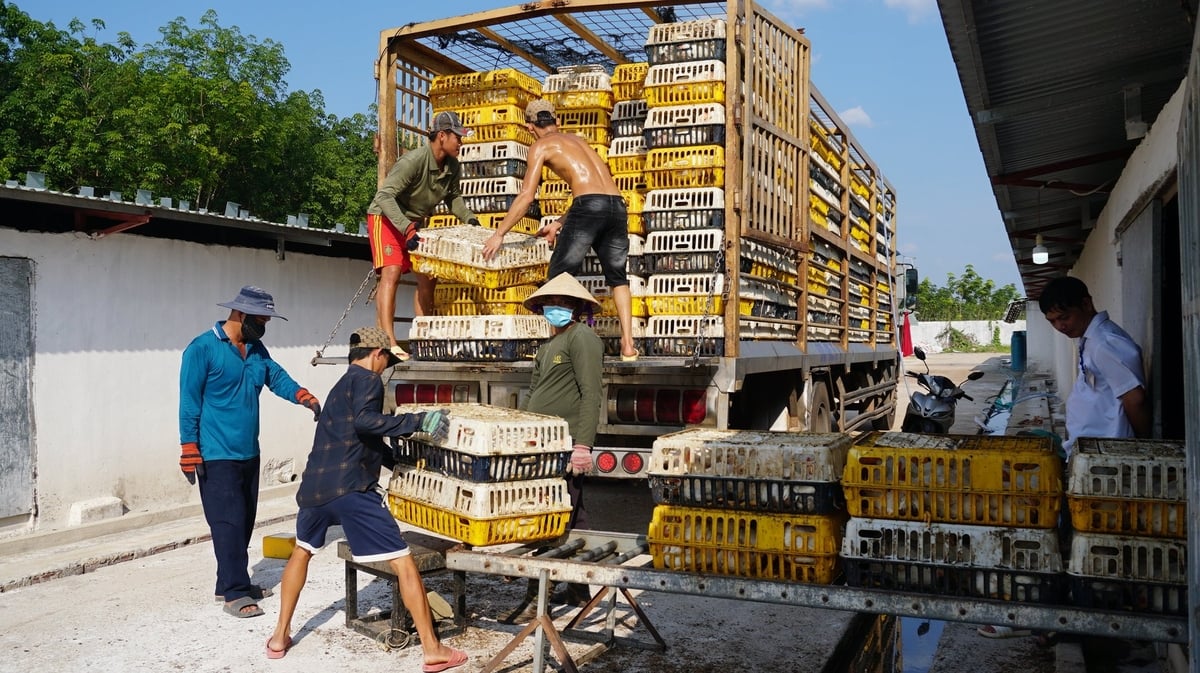
Tay Ninh province currently has over 10 million poultry, most of the farms ensure disease safety. Photo: Tran Trung.
According to the Department of Animal Husbandry and Veterinary Medicine of Tay Ninh, the whole province currently has over 10 million poultry. Chicken farms all use closed cages with self-flowing drinking troughs and automatic feeders, have ventilation systems and use biological products to reduce environmental pollution.
“The Tay Ninh livestock industry has proactively approached and received the transfer of high-tech applications for industrial chicken farming. This initially created a breakthrough and opened up a direction for developing high-yield livestock farming, ensuring food hygiene and safety and reducing the risk of environmental pollution,” said Ms. Nguyen Thi Hong Loan, Department of Livestock and Veterinary Medicine of Tay Ninh.
Source: https://nongnghiep.vn/xu-the-chan-nuoi-xanh-bai-1-ung-dung-hieu-qua-che-pham-sinh-hoc-d744713.html






![[Photo] Buddha's Birthday 2025: Honoring the message of love, wisdom, and tolerance](https://vphoto.vietnam.vn/thumb/1200x675/vietnam/resource/IMAGE/2025/5/12/8cd2a70beb264374b41fc5d36add6c3d)

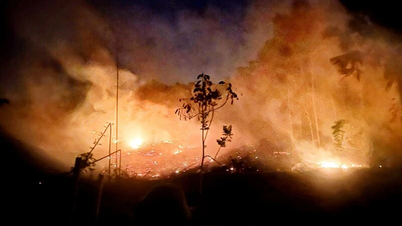

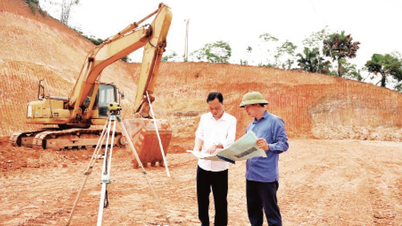

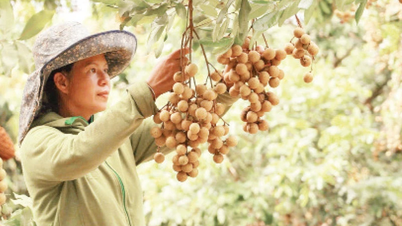
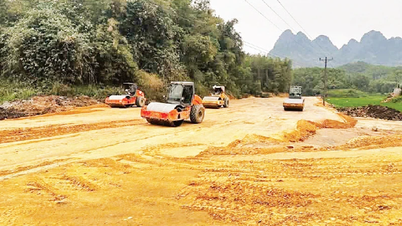





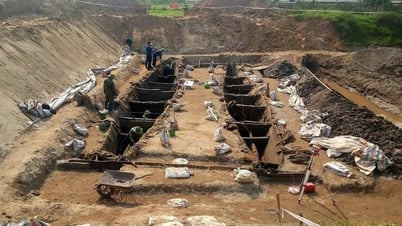

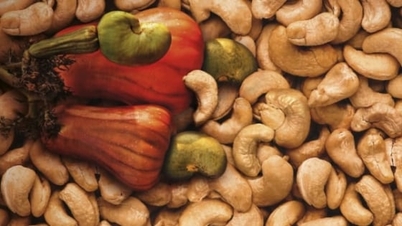
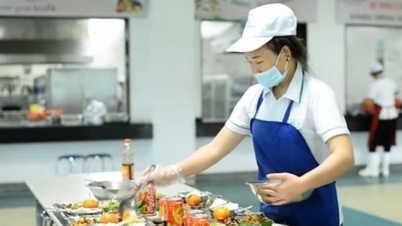
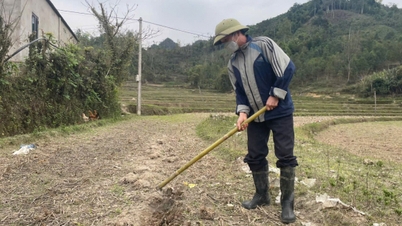
![[Photo] General Secretary To Lam arrives in Minsk, begins state visit to Belarus](https://vphoto.vietnam.vn/thumb/1200x675/vietnam/resource/IMAGE/2025/5/11/76602f587468437f8b5b7104495f444d)
![[Photo] General Secretary To Lam meets and expresses gratitude to Vietnam's Belarusian friends](https://vphoto.vietnam.vn/thumb/1200x675/vietnam/resource/IMAGE/2025/5/11/c515ee2054c54a87aa8a7cb520f2fa6e)











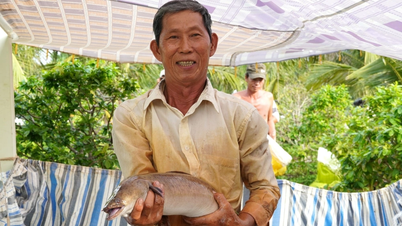













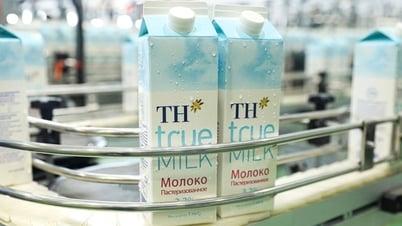

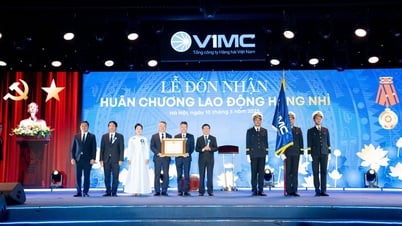


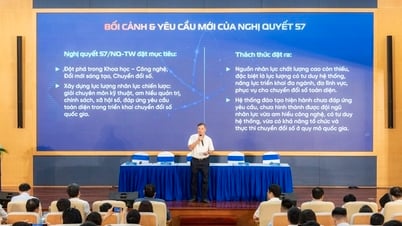



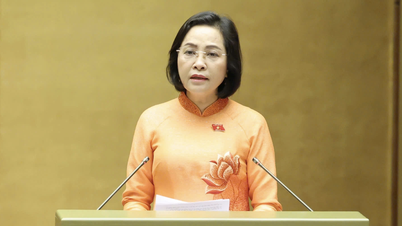

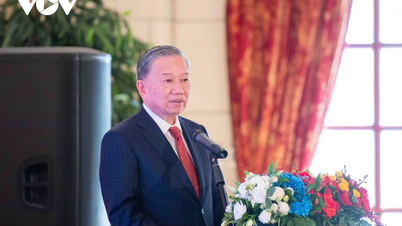


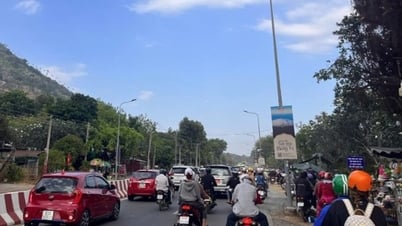

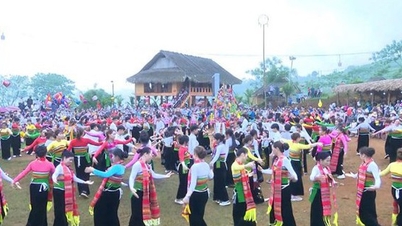


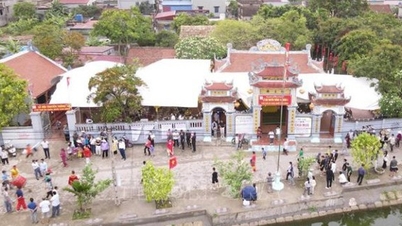





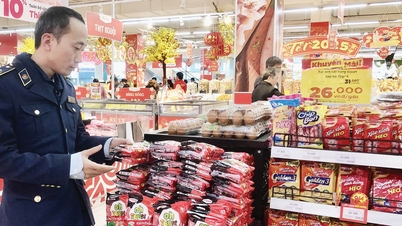
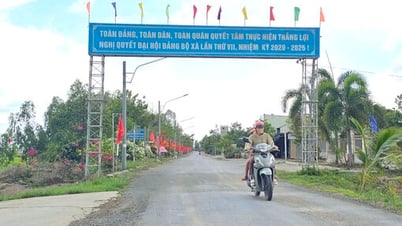

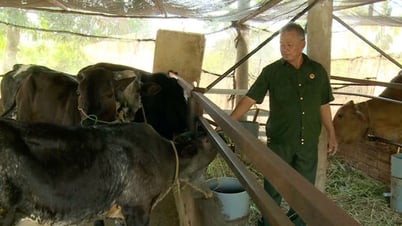











Comment (0)